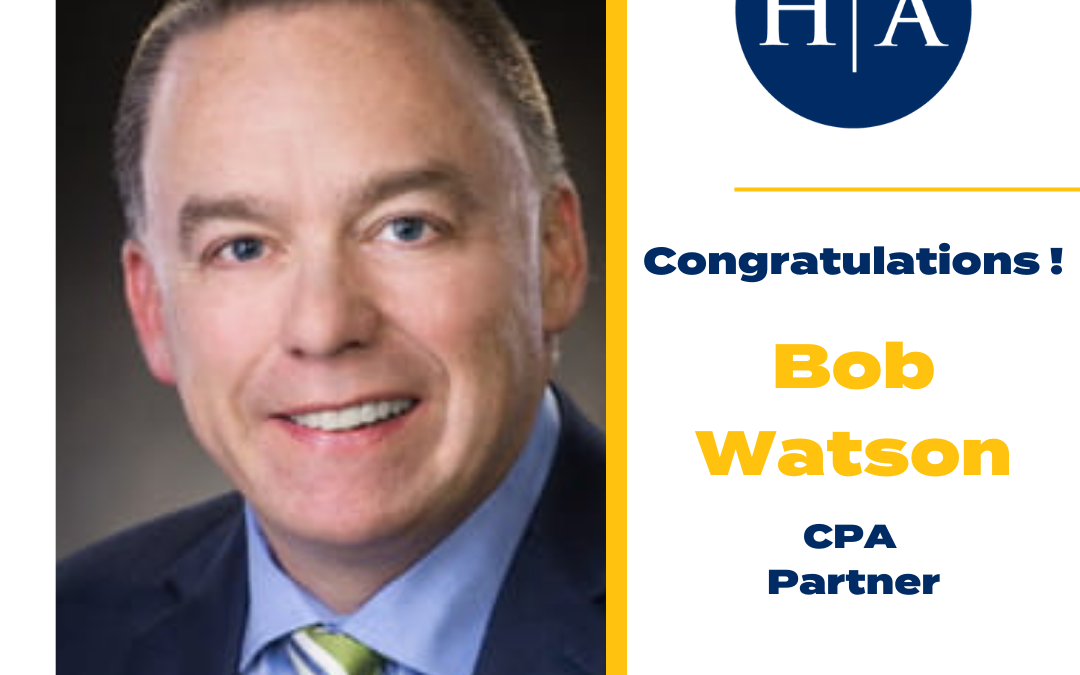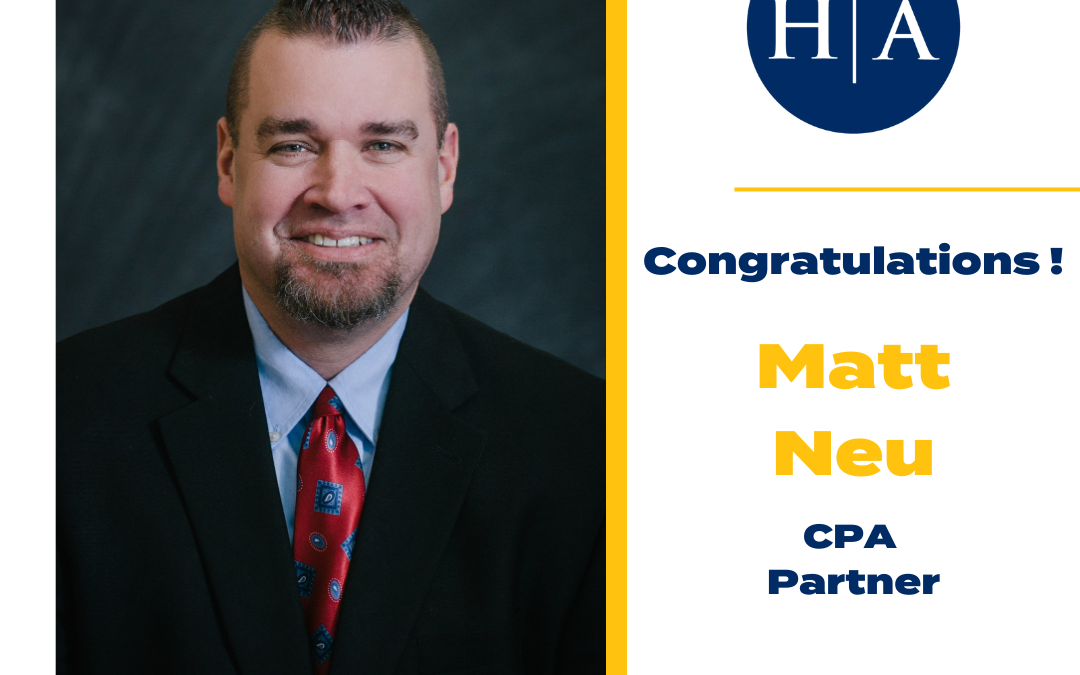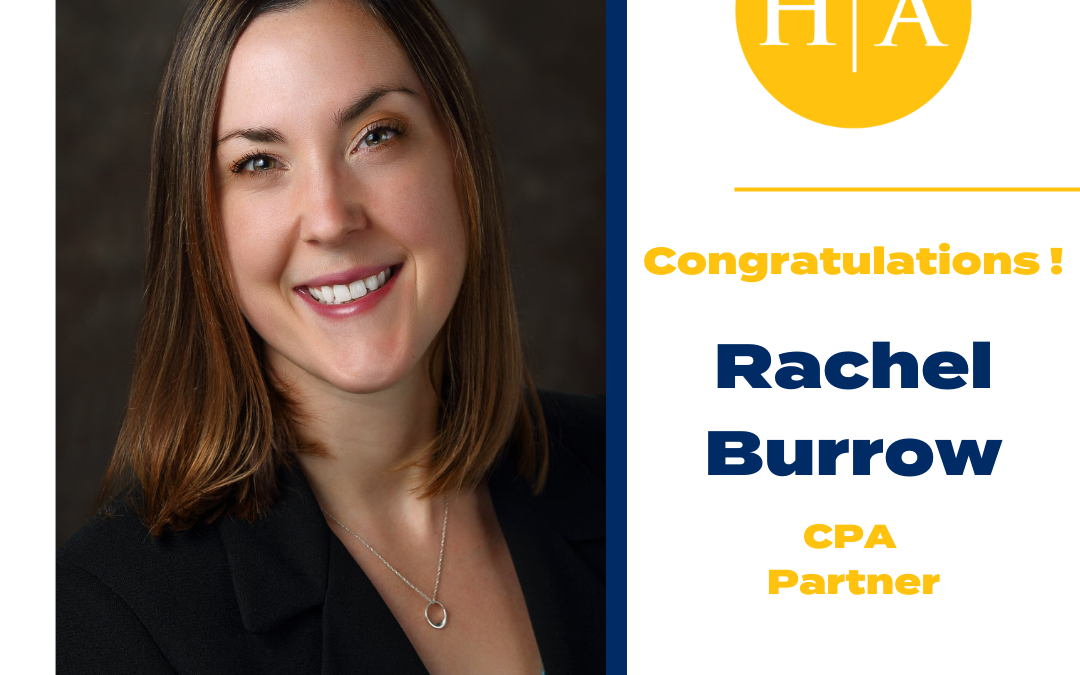It’s the end of the plan year and you just discovered some errors were made with respect to employee deferrals — now what? Some people may think the amounts are immaterial and the participant never caught it, so why, as the employer, should you have to correct it?
Plan errors are fairly common whether it be caused by human error, misinterpretation of your Plan document or via a glitch in your payroll software. However, it is important to correct. Plans are subject to potential audits by the Internal Revenue Service (IRS) and the Department of Labor (DOL). Plans could face penalties or potentially lose tax-exempt status if these entities were to find errors that were deemed significant. It is always best to ensure corrections are made when discovered. Errors can be corrected through the Employee Plans Correction Program (EPCRS) of the IRS.
Some of the correction programs available through the IRS are as follows:
- Self-Correction Program (SCP) — this is for operational issues (such as not following the plan compensation definition of the plan document). This program does not involve any IRS fees and is typically permitted within two years of the error occurring.
- Voluntary Correction Program (VCP) — corrections are similar to the SCP but also cover demographic errors and plan document failures in addition to operational errors. There is a fee involved based on users and plan asset levels. There are also required reports that need to be filed. The IRS has to then respond on whether or not they will accept the corrections.
- Audit Closing Agreement Program (CAP) — this is the most expensive of the correction programs and typically results from an IRS audit where errors were significant enough to warrant the plan’s loss of tax-exempt status.
Plans may misinterpret their plan document and miss deducting employee deferrals on compensation that is deemed to be eligible by definition as stated in the plan document (a common example would be PTO payout or a bonus). This type of error causes the employee to end up with more taxable income and a lost earnings opportunity to earn investment income on their deferral.
In this example the employer would need to make up the following on the employee’s behalf:
- 50% of the participant’s missed deferral (which could be reduced to 25% or less under certain criterion – there are various guidelines as to how much of the deferral has to be made up based on the circumstances and the time that has passed since the missed deferral). This employer paid amount of the missed deferral is considered a qualified non-elective contribution (QNEC) and goes into the plan from the employer as 100% vested just as the employee deferral would have been.
- 100% of the corrective employer matching contribution (this would be paid as if the employee had made the full deferral they were entitled to despite the employer only making up a portion of the missed deferral).
- Any adjustments to a profit-sharing contribution would have to be made as well if applicable based on using an incorrect compensation amount.
The above would all have to be adjusted for lost earnings as well. There is a lost earnings calculator on the DOL website that can be used in this process:
https://www.askebsa.dol.gov/VFCPCalculator/WebCalculator.aspx
In conclusion, it is imperative that plan sponsors fully understand their plan document and have procedures in place to ensure compliance to avoid having to make these types of corrections. However, errors can and do occur, so it is important to work with your third-party administrator to make sure the proper corrections are made and to determine which method is the correct one to follow. Some of the corrections could also affect the year-end compliance testing which could lead to other types of required remedies. If you discover other types of plan errors, you can refer to https://www.irs.gov/retirement-plans/401k-plan-fix-it-guide for guidance on how to fix it. It is better to fix than to pay potential consequences later.
Please contact us for further information or ask about correcting missed employee deferrals.





